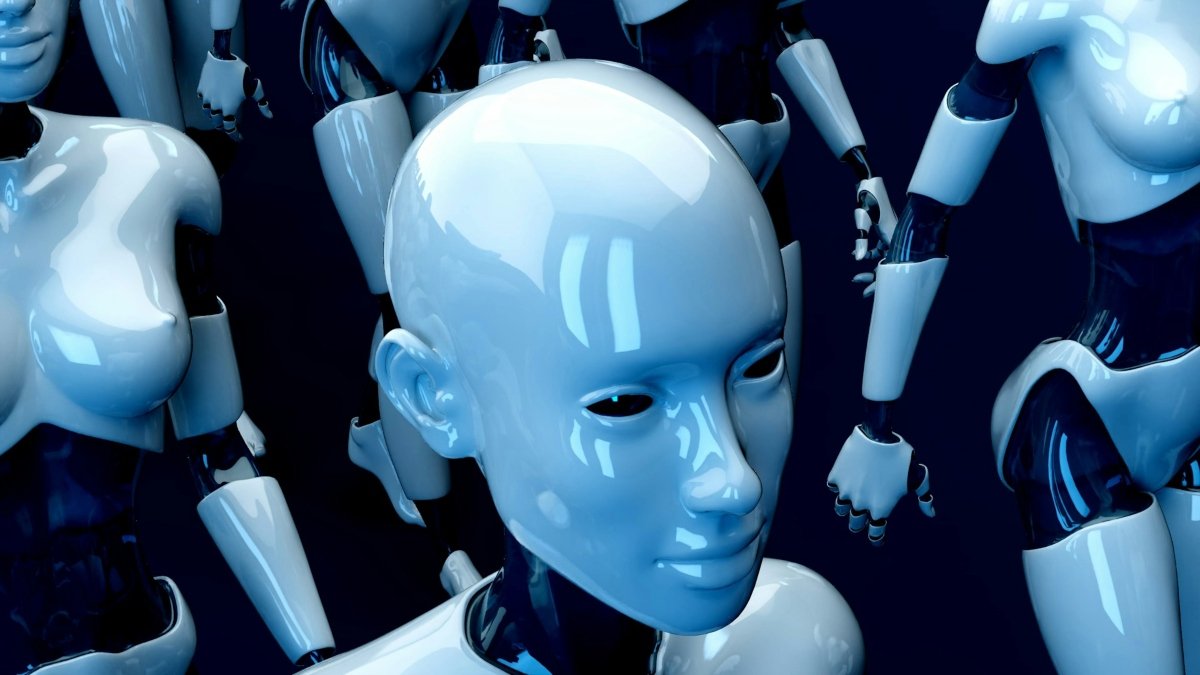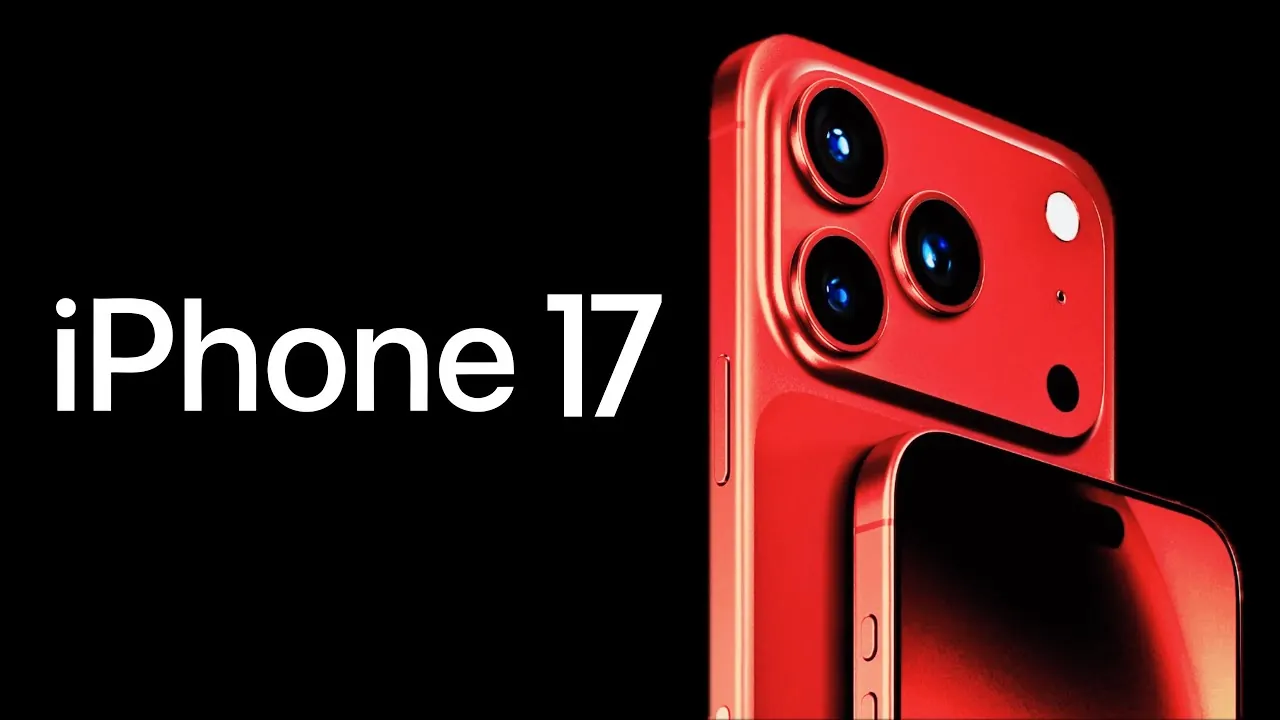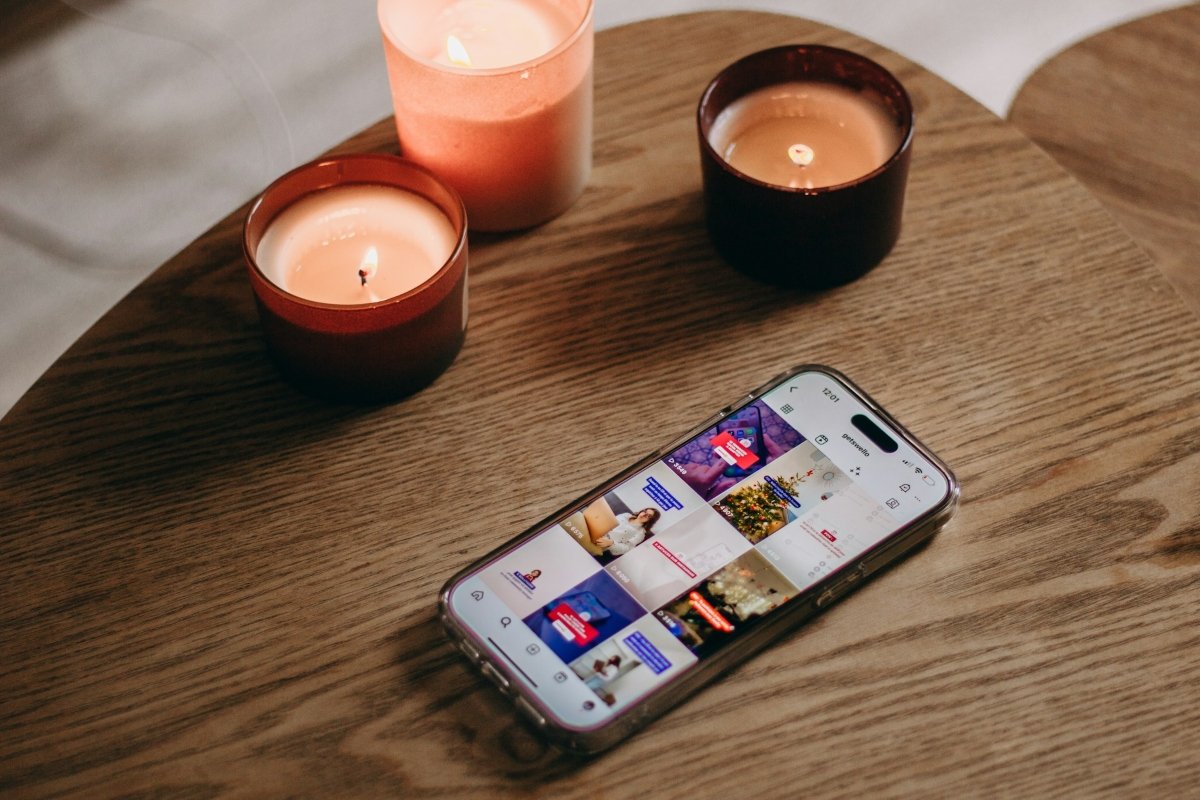The AI Takeover Is Real… But Not Universal
As AI continues to reshape the workforce, fear around job losses is at an all-time high. From automation in factories to AI-generated content replacing writers, it seems like no career is safe. But here’s the truth: not every job is doomed.
In fact, some professions are expected to thrive in the age of AI—either because they require emotional intelligence, strategic thinking, or human creativity that machines still can’t replicate.
Here are 10 jobs that won’t be replaced by robots in 2025, and may even become more valuable because of AI.
1. Mental Health Professionals
Why safe: AI can simulate conversations, but it can’t replicate empathy, trust, or therapeutic intuition.
With mental health awareness on the rise, therapists, psychologists, and counselors are increasingly essential—not replaceable.
2. AI Ethicists & Policy Experts
Why safe: As AI grows, so does the need to regulate it.
These professionals will shape how AI interacts with society, ensuring it’s fair, safe, and non-biased. No bot can decide morality for us.
3. Creative Directors & Brand Strategists
Why safe: AI can create, but it lacks original vision and brand storytelling.
Creative leaders who understand culture and emotional triggers will always outshine data-trained models.
4. Skilled Tradespeople (Electricians, Plumbers, Mechanics)
Why safe: These hands-on jobs require real-world problem-solving in unpredictable environments.
Robots can’t climb into your attic to fix a wire or improvise a solution to a burst pipe.
5. Healthcare Workers (Nurses, Surgeons, Caregivers)
Why safe: AI tools can assist in diagnostics, but human touch and precision care are irreplaceable.
Surgeons may use AI for support, but human decision-making in high-risk scenarios is non-negotiable.
6. Educators & Learning Designers
Why safe: AI can tutor, but it can’t mentor. Great teachers do more than deliver content — they inspire, adapt, and connect with students in ways AI can’t.
Cybersecurity Analysts
Why safe: AI may assist in detecting threats, but it takes human intelligence to interpret attacks, defend networks, and predict the next wave of digital crime.
8. Human Resources & Talent Managers
Why safe: While AI might screen resumes, it takes a human to build company culture, resolve conflict, and foster loyalty. People still want to work with people.
9. UX/UI Designers
Why safe: Design is more than pretty screens — it’s about empathy, usability, and human-centered thinking. AI can generate layouts, but it can’t fully understand how people feel using a product.
10. Entrepreneurs & Innovators
Why safe: The ability to start something from nothing, pivot, and take risk is deeply human.
AI can’t predict what doesn’t exist yet — but humans can dream, disrupt, and invent new industries.
Bonus: The Human Element Still Wins
In 2025 and beyond, the most “AI-proof” careers will be those that leverage what makes us human: creativity, empathy, ethics, intuition, and adaptability.
Instead of fearing AI, future-focused professionals are learning how to use it as a tool, not a threat. The winners of the next era will be those who work with AI, not against it.



